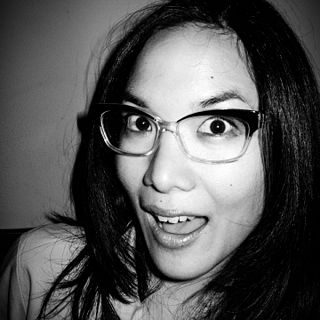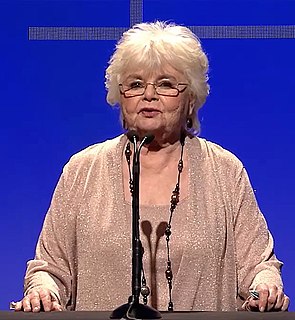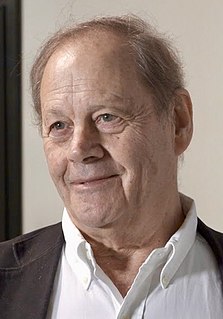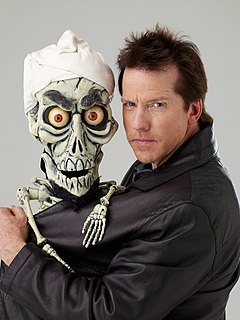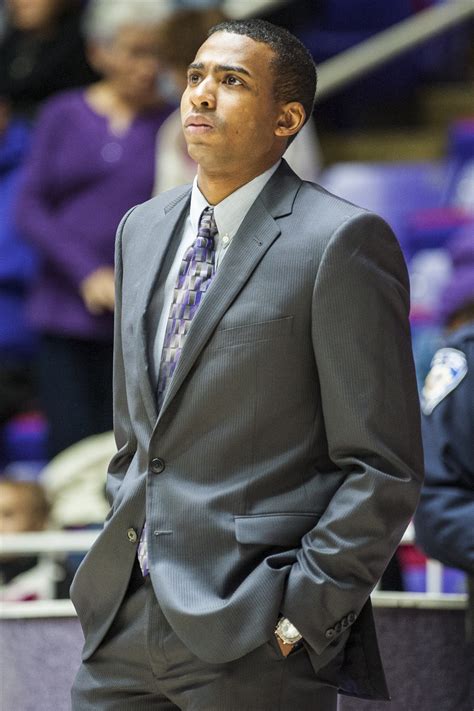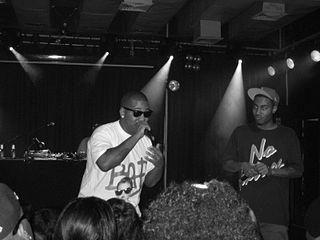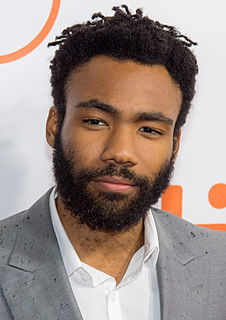A Quote by Ali Wong
I've seen many female comics that a lot of people haven't heard of who are so funny, and I saw them come up, and they were working so hard, and then all of a sudden they had a baby, and they just got tied up in motherhood, and eventually, they kind of just stopped doing stand-up, and I thought it was such a shame.
Related Quotes
My son was staying with me, and we got up to watch it, just before they announced supporting actress, he came up and put his arm around me. I think it was like, 'Either way, mom, I still love you.' But then it was funny because I saw it. I saw my picture, and I heard them announce it, but I had to ask him, 'Did I really see that?' I wasn't sure I was seeing it, but he assured me that yes, I was nominated for the Academy Award. We just sort of cried a little bit.
I thought, This is fabulous. It sent shivers up my spine. I thought, What kinds of people are these that would produce this kind of music in a camp? All the prison camp stories I've seen, and heard of, were about the heroism of men. As I researched this and heard the music, I realized that women were heroic too, on just as grand a scale. And their treatment was just as appalling.
I was a kid in the third grade ... saw a dummy in the toy store. In the '60s and '70s there were a lot of those vinyl ventriloquism dummies - just about every toy store had one. Everyone close to my age that I've talked to, especially guys for some reason, tell me that they had one too, but they said they never could do it. So many people come up to me and say that. It was just something that I thought was cool. I started doing book reports with it - I developed the skill. I easily got A's on all my reports. It was just something that a little kid grasped on to - so I stuck with it.
I knew I wanted to be in comedy but the path of least resistance was doing stand-up in folk music clubs where I could get on stage. I guess you could get up no matter how bad you were and you didn't have to audition. You just got up. Everything else required an audition and if you auditioned for a TV show, you would stand in line with a hundred other people. But at the clubs, it was okay just to get up, so that's why I started in stand-up.
Scott and I had just worked with Jimmy Pardo doing a live show over the summer. And it was a lot of fun and we wanted to keep doing a live show. And as Scott said, we knew a lot of funny young people who needed a place to do stand-up. And we were in a place, where we were writing so much that we weren't around live comedy so much, so we kind of missed it.
My dad plays the fiddle. He stopped playing for years. He was playing when I was a baby, and then he stopped for about five years, or ten years, he says. Then all of a sudden he started playing again, and we all got interested. We started having people like Ciarán Tourish coming up to the house, and Dinny McLaughlin, who taught Ciarán, and who taught myself as well. And it just grew from that
But with 'Newsrevue' I started doing some characters, and I just loved how you were in control. You could write something that day and go and do it that night, rather than waiting for a job that involves other people. So I did character stand-up, and then proper stand-up, and I loved it; I got addicted.
Successful people just don't let failure define them or keep them from doing what they want to do. For example, I'd have people come up to me after my shows, and they'd say they want to do stand-up but are scared they're going to fail. I'd tell them, "You are going to fail, and anyone who is success has powered through many, many failures."
Stand-up is an art but since it's humor and it's funny - a lot of guys that don't think it's art are probably coming from the angle that they don't want to take it so seriously. I've always looked at it as an art but I don't look at it as a pretentious art. I understand it has to be taken lightly because it is just comedy in the end, but the good stand-up comics are someone with something to say.
